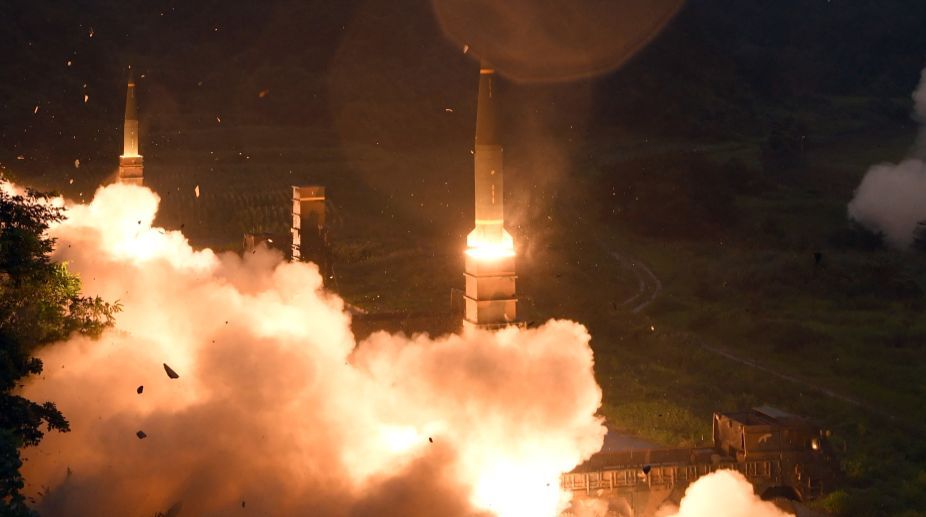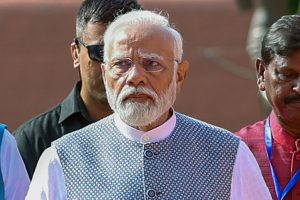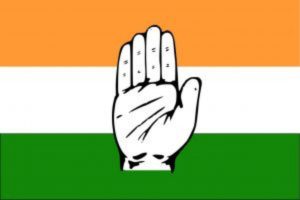North Korea has intensified its defiance of world opinion, but the comity of nations, notably the US, is groping for a commensurately robust response after the Kim Jong-un regime fired yet another missile, this time over pacifist Japan.
Last Monday’s renewed bout of muscle-flexing ~ after the recent firing of a second ICBM missile ~ marks an unprecedented escalation of the North’s nuclear designs. In Donald Trump’s reckoning, “words are not enough and all options are on the table”, a perception that underlines the enormity of the crisis that is brewing in the peninsula.
Yet in today’s conduct of international relations, a war is not quite the immediate option. China, however close to North Korea, has let it be known that it intends to strengthen economic sanctions “to the maximum point that the UN collectively, and China specifically, would find politically tolerable”. In response to the ICBM tests, China allowed the UN to ban North Korean exports of coal, iron, iron ore, lead, lead ore and seafood ~ industries that form the bedrock of the secluded nation’s economy. It also prohibited countries from increasing the number of North Korean labourers working abroad, as well as bans on new joint ventures with the country.
Nine individuals and four entities were added to a UN blacklist, including Pyongyang’s primary foreign exchange bank. If Beijing’s immediate response is any indication, the cache of sanctions will almost certainly be intensified.
The Security Council has been united in its condemnation of Pyongyang, but the world ~ pre-eminently South Korea, Japan, and the US (the ultimate target) ~ does expect an unqualified censure matched with suitable action.
The Western powers are floundering in search of a response; this at any rate has been the impression conveyed this week. If Iran is held up as a case-study, while sanctions can be effective up to a point, the crippling curbs can scarcely bring a regime to its knees. While the US is still chewing over the issue, China, which may even be quietly pleased at the West’s discomfiture with its acolyte’s antics, would appear to be pursuing its traditional policy of thus far-and no further. Small wonder that Beijing is opposed to what they call a “collective economic measure” in the shape of a ban on the export of energy to North Korea.
Such a step, China says, could destabilise the North Korean regime in dangerous ways, even create a humanitarian catastrophe, sending tens of thousands of refugees pouring over the border into China. The comity of nations does expect Beijing to ratchet up the pressure on Pyongyang, but geostrategy might determine policy ahead of the crucial party congress which is expected to extend President Xi Jinping’s tenure by five years.
Hence the fear that the collapse of the North Korean regime is likely to result in the enforced reunification of the Korean peninsula. No, this is not on China’s agenda.











